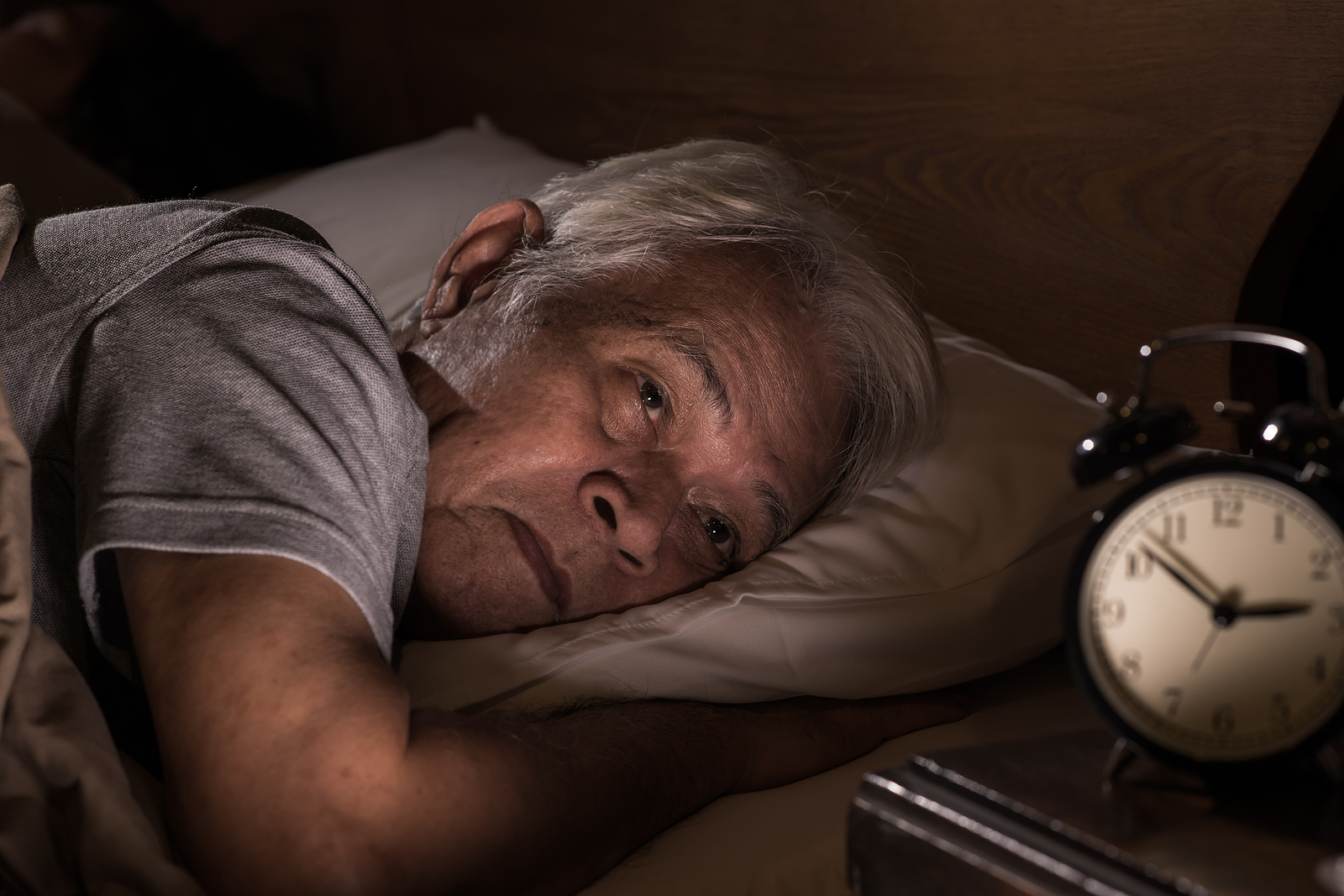
There are about 30,000 seniors who have ALS in the United States at any given time. ALS is a progressive disease that affects the nerves. There is no cure for ALS and seniors who develop ALS usually have a life expectancy of about five years after diagnosis, although some seniors can live up to ten years after diagnosis.
Because ALS is a progressive disease, early detection and treatment offer the best chance for improved quality of life. For seniors that have ALS, home care may be necessary if they want to remain at home. When seniors who have ALS have home care, they can safely age in place in familiar surroundings for as long as possible.
Some of the symptoms of ALS that seniors and their family caregivers should be aware of include:
- Difficulty walking or doing normal daily activities
- Tripping and falling
- Weakness in your legs, feet or ankles
- Hand weakness or clumsiness
- Slurred speech or trouble swallowing
- Muscle cramps and twitching in your arms, shoulders and tongue
- Inappropriate crying, laughing or yawning
- Cognitive and behavioral changes
Some of the symptoms of ALS can mimic the symptoms of other conditions that are also common in seniors like Parkinson’s disease. Anytime that you or a caregiver notices that your senior parent is having trouble with their balance, experiencing tingling or nerve pain in their hands and feet, or having a lot of muscle cramps or muscle weakness it’s important to get them checked out by a doctor. The doctor will need to perform tests to see if your senior loved one has a condition like ALS or Parkinson’s disease or if they have a condition like diabetes which can be treated.
ALS Risk Factors
The biggest risk factor for ALS is a family history of it. According to studies, anywhere from 5-10% of seniors with ALS inherit it. If your senior parent has a family member who had ALS they have a 50/50 chance of getting it. The second biggest risk factor is age. The chances of developing ALS increase with age. Most seniors are diagnosed with ALS in their mid to late 60s.
Even though seniors can’t mitigate their risk of getting ALS due to age or familial ties they can lower their risk of developing ALS if they stop smoking. Smoking increases the risk for developing ALS. Even if your senior loved one has smoked for decades quitting now can still help lower their risk of developing this disease.
Military service is another environmental risk factor for developing ALS. If your senior family member served in the military make sure that they are getting regularly tested for ALS so that if they do develop ALS they can start treatment right away and hopefully slow down the progression of the nerve damage caused by ALS.
Sources:
https://www.ninds.nih.gov/amyotrophic-lateral-sclerosis-als-fact-sheet
https://www.mayoclinic.org/diseases-conditions/amyotrophic-lateral-sclerosis/symptoms-causes/syc-20354022
If you or an aging loved one is considering home care in Concord, CA, please contact the caring staff at Golden Heart Senior Care of Walnut Creek. (925) 203-3039.


